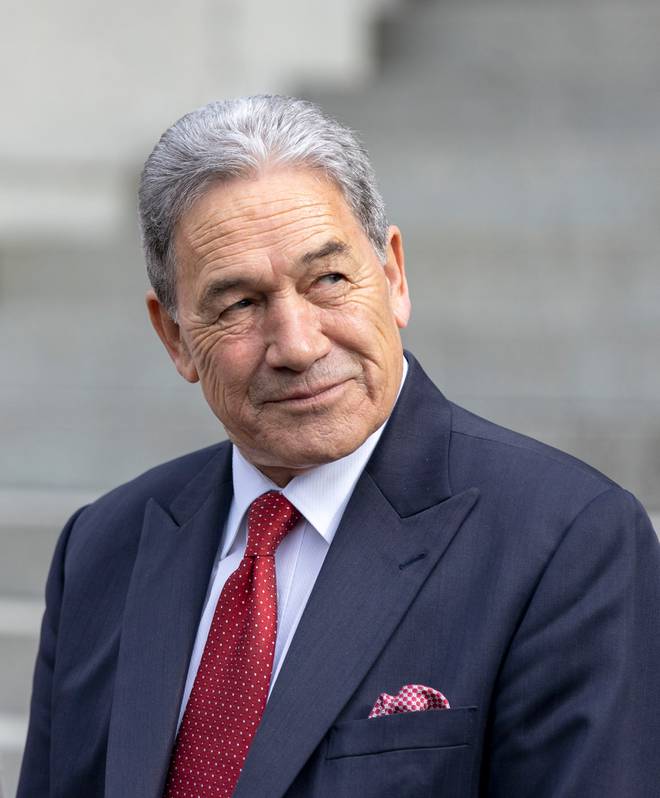
In the Newshub Reid Research poll, Labour received 45.8 percent support, down 4.3 percent. National received 31.1 percent, up 1.5 percent.
But NZ First has risen to 3.5 percent, up from its previous 1.6 percent.
Act is at 7.4 percent, up 1.1 percent. While the Green Party are down to 6.3 percent, down 0.2 percent.
Translating into seats in the House, Labour would have 61, National 41, Act 9 and the Greens 8.
As preferred Prime Minister, Jacinda Ardern is at 52.6 percent, down 0.6 percentage points, while National leader Judith Collins is on 18.4, up 0.7 percentage points.

On the cannabis referendum, 55.6 percent said no, while 38.3 said yes.
Prior to the release of the poll, Newshub political editor Tova O'Brien has billed it as "the ultimate nail-biter."
The last Reid-Research poll at the end of September had Labour able to form a majority on its own, with 50.1 percent, while National was on 29.6 percent.
Act was on 6.3 percent, the Green Party on 6.5 percent, and NZ First was on 1.9 percent.
It comes a day after the last 1 News Colmar Brunton poll of the campaign, which had Labour comfortably ahead but just short of a majority – it would need the Green Party to govern.
That poll had Labour on 46 percent, down 1 percentage point, while National was 31 percent, also down 1 percentage point.
Act was steady on 8 percent, the Greens up two percentage points to 8 percent, and NZ First up two points to 3 percent.
The poll follows a week on the campaign trail in which Labour leader Ardern filled her agenda with "walkabouts" and urged supporters to give Labour as strong a mandate as possible, while Collins encouraged National supporters not to split their votes by supporting Act or NZ First.
Collins has also talked about the so-called "quiet New Zealanders" who were keeping their cards close to their chests, referring to Australian Prime Minster Scott Morrison' poll-defying win in the Australian election. Morrison had put that down to the "quiet Australians".
In the final TVNZ debate last night, Ardern made a blatant play for soft National Party votes, directly speaking to people who had not voted for Labour before to do so this time to ensure she could easily progress policies to address Covid-19.















